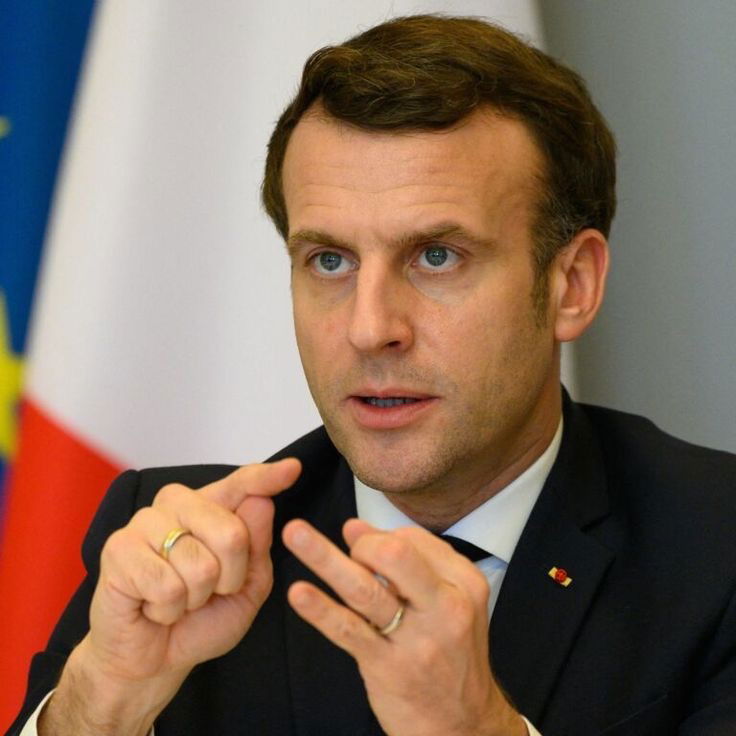
In a significant turn of events, French President Emmanuel Macron has announced France's decision to withdraw its ambassador and terminate all military cooperation with Niger in the wake of a recent coup. President Macron stated, "France has decided to withdraw its ambassador. In the next hours, our ambassador and several diplomats will return to France." Furthermore, he declared that military cooperation was "over," and French troops would depart "in the months to come."
The military junta, which seized power in Niger in July, surprisingly welcomed this move, remarking, "This Sunday, we celebrate a new step towards the sovereignty of Niger." This decision follows months of tensions and protests against the French presence in Niger, with frequent demonstrations in the capital, Niamey.
This development deals a significant blow to France's operations against Islamist militants in the broader Sahel region and its influence in the area. However, President Macron made it clear that France would not be held hostage by the coup leaders, emphasizing that he still regarded ousted Niger President Mohamed Bazoum, currently held captive by the coup leaders, as the country's "sole legitimate authority."
President Macron described Bazoum as a "hostage" and asserted that the coup occurred because Bazoum was implementing courageous reforms and facing ethnic conflicts and political cowardice.
It's important to note that Niger is one of several former French colonies in West Africa where military takeovers have occurred recently, including Burkina Faso, Guinea, Mali, and Chad. The most recent coup took place in Gabon in August.
Anti-French sentiments have been growing in the region in recent years, with local politicians accusing France of pursuing neocolonialist policies, a charge denied by France. Additionally, there are concerns about the increasing role of Russia's Wagner mercenary group in the Sahel, accused of human rights abuses and assisting new military regimes.
The regional Economic Community of West African States (Ecowas), supported by France, has threatened military intervention in Niger to reinstate President Bazoum, but no action has been taken so far.
The situation escalated when Niger's military leaders demanded that French ambassador Sylvain Itte leave the country after overthrowing President Bazoum on July 26. Despite a 48-hour ultimatum issued in August, Ambassador Itte remained in place as the French government refused to comply or recognize the military regime as legitimate.
President Macron's announcement coincided with Niger's coup leaders banning "French aircraft" from flying over the country. The airspace restrictions, imposed by the regional air safety organization ASECNA, excluded "French aircraft or aircraft chartered by France, including those of the airline Air France." The airspace remained closed for "all military, operational, and other special flights" without prior authorization.
In response to these restrictions, Air France simply stated that it was "not flying over Niger airspace." This development marks a critical turning point in France's relationship with Niger and has significant implications for the broader Sahel region.